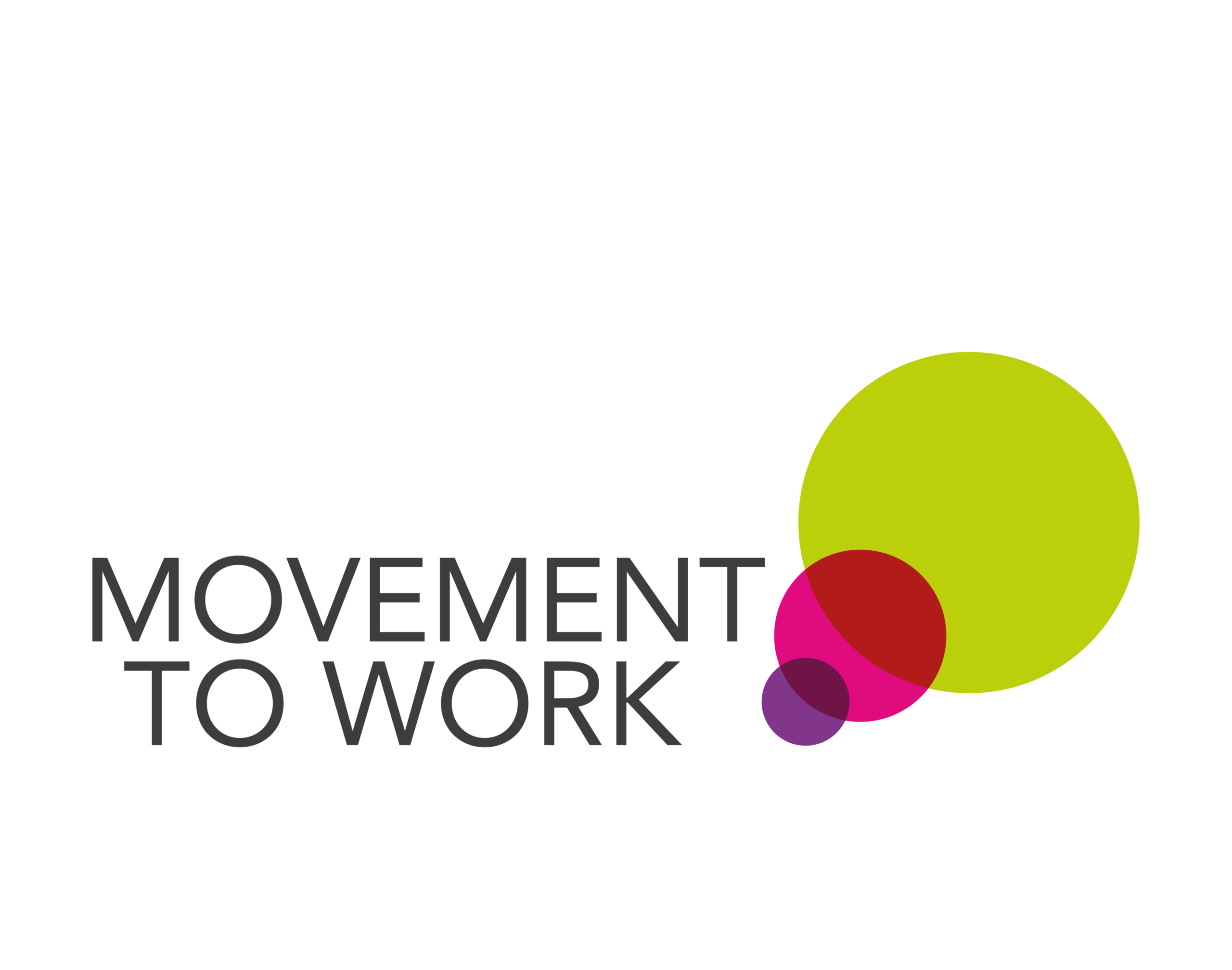There are many different types of placements. In our case we are talking about a two-week placement which deliver both on-the-job training and tangible employability skills.
Employers who offer work placements take advantage of a previously untapped pool of talent to; build a more engaged workforce, increase business performance, increase your recruitment ROI and drive inclusion and diversity.
For more details see the business case.
There are multiple ways to fund a programme. When placements are well set up this is a cost benefit as opposed to a cost, however there are a few elements you should consider:
-
- The internal resource cost to support it
- Direct costs to charity partners and training providers (this can be offset with government funding)
- As a minimum provision of out of pocket costs for participants i.e. travel allowance and lunch
-
- Young people receive appropriate training, whether provided by the employer or by another specialist organisation such as a youth charity or training provider;
- Young people are supported in the workplace on a day-to-day basis, for example by a designated ‘buddy’;
- Young people undertaking unpaid work experience are not used as a substitute for paid staff;
- Young people are safe whilst on the placement;
- Costs, which might present a barrier to young people on low incomes participating, are alleviated – e.g. by providing specialist clothing and equipment, or making necessary food and travel arrangements;
- Where unpaid, placements are designed to allow young people to retain their Jobseeker’s Allowance whilst taking part.
Movement to Work is focused young people between the ages of 16-30 who are not in employment, education or training (NEET).
No, unless the restriction refers to the health and safety of the participant during the work experience placement, e.g. a certain level of fitness or mobility. Movement to Work helps to facilitate work experience placements for those who are not in education, employment or training between the ages of 16 – 30. Often, work experience placements run by Movement to Work members have no age restriction. However, Movement to Work’s focus is on the 16 – 30 age-bracket.
No, membership of Movement to Work as an employer, training provider, youth outreach organisation or affiliate is free of charge. We only require that employers commit their energy and resources to supporting young people into employment.
Yes, we appreciate that not all employers can offer jobs post-work experience placement. However, we would encourage employers to explore some of the flexible models where they can support young people into employment.
Partnering with Movement to Work will allow you to make the greatest impact to society’s youth unemployment issue by providing placements to the young people with the greatest need. Movement to Work’s diversity and inclusion statistics of the young people coming through our programmes match those most at risk of becoming NEET (not in education, employment or training), and our success rate of getting +55% into employment therefore makes a direct difference to those furthest from the labour market.
In addition to this of course there are many other benefits of Movement to Work, including:
- Access to Movement to Work’s products and/or services free of charge (e.g. Accenture’s Employability Skills Curriculum)
- Taking advantage of the sharing of best practices between all members of the ecosystem
- Opportunity to voice opinion as a group to Government and feed into the agenda as part of our lobbying voice, making more of an impact as a collective and collaborating for societal change
- Insight into our data gathered across the creation of more than 80,000 placements
- The list goes on!
The work experience placements could be fully funded, partially funded or not funded by your employer. Those working for your employer who help to organise and run the work experience placements will be a cost to the company. We recommend the provision of lunch and travel costs for participants where possible.
The main objective of Movement to Work is to support young people into a sustainable job, with good training and prospects. If this is achieved via direct entry into a sustainable job, it does count.
Ultimately, Movement to Work’s aim is to get young people into employment, and therefore entry-level jobs is the focus, where appropriate. We define entry-levels jobs as being those which provide ongoing training and support for young people when they join the world of work, which pay and offer permanent employment.
Great employability training builds the skills that underpin success at every stage of life. The transferable skills that unlock learning while at school and ensure young people are empowered and enable to land their dream job.
The key skills which underpin this are; Listening, Presenting, Problem Solving, Creativity, Staying Positive, Aiming High, Leadership and Teamwork.
